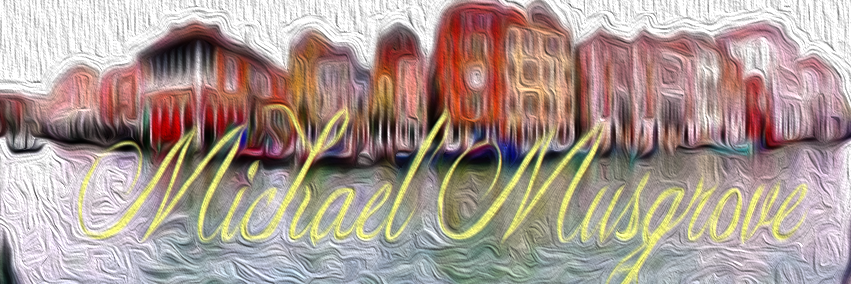Having a standardized vocabulary is important in business. That may sound obvious, but it’s an issue that when scaling a business, becomes imperative. Everyone around the conference table agrees and vigorously nods their heads when someone says that “communication is key.” But that’s usually where that sentiment ends. It becomes a matter of deliberately monitoring the communication “around the office” and making sure people are talking about the same things. And if you’re working with a complex SaaS like Salesforce who uses their own VAST ever-changing dictionotomy, it can become a serious challenge. Time consuming, too, which means $.

I try to be sensitive that not everyone was an English major or cares about language and word use as much as I tend to. I naturally gravitate toward English and even poetry, which analyses word use down to the letter, and as it plays in the greater context of the verse. That’s why some people don’t like poetry, which I also get.
It’s become vital to have a masterful command to be a competent marketer in this century. That has been a great vindication as someone who had bleak career options as a fresh Humanities major, which is why I minored in Business. And got an MBA. But I still love writing and content creation for the purpose of content strategy.
The internet is mostly words. And awful photos and videos. And that’s where marketing has become a critical place to also be masterful. In design, development, content creation and content strategy, social media campaigns, blog posts, and inbound marketing strategies…the list goes on. I’m always writing marketing copy, as well as stuff like this.
Throughout life I’ve encountered people who are poor writers, I’m not indicting them for that, let me be clear, but the attitude behind it is what is disturbing to me, which is the statement that usually follows after some line of garble “You know what I meant.”
No, I didn’t, but that gets a pass in life. In business, there isn’t that luxury to guess, assume, or generally not care that there wasn’t something that can be defined as “good communication.” The message was poorly sent, and thusly poorly received. The basics of communication failed. A prime goal in business, and arguably life, is to mitigate failure. That may not mean much if you were just asking for someone to hand you a screwdriver, but not so much if a million dollars of someone else’s money is immediately and precariously at stake, for example. And that happens all the time.
Having a standardized vocabulary is imperative in the professional world. And that line gets blurred in small businesses, because: People. A glossary, almost, of a familiar lexicon that stakeholders all agree upon their meaning becomes a goal that should be strived for, and sooner than later.
That’s easier when discussing widely agreed-upon terms like “accounting,” but it becomes vague and abstract when using even what can be called common terms such as: “configuration, “customization,” “business plan” and even such innocuous words as “we.” It’s why you’ll see at the VERY beginning of legal documents the definition of “you” “we” “the company” and so on, right from the start.
This is why it’s amazing to me when I see people pull off some complex business dealings with, say a Chinese counterpart. I deal with China all the time with various pursuits, and I can tell you, it causes challenges. And I’ve become more adept than most at interpreting broken English. I had a dear friend who was from Shanghai I worked with closely for 2 years in business school , and I have edited countless high-level academic papers meant for A-level business journals written by people who used English as a second, or third language. Hundreds upon hundreds of pages of things that make you go cross-eyed. And not just the time zone and language barriers, but technological and logistical. Sending emails obviously goes through some type of wall between me and businesspeople there, that I have to imagine is governmental – Chinese and American, if I had to guess. Someone is probably monitoring this very post, in fact :-).
你好!
